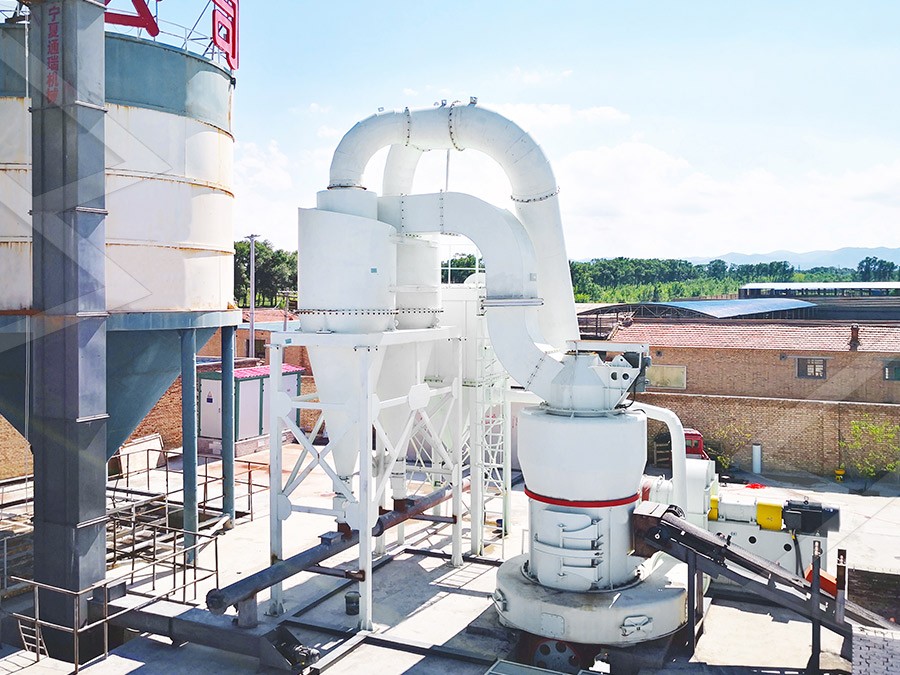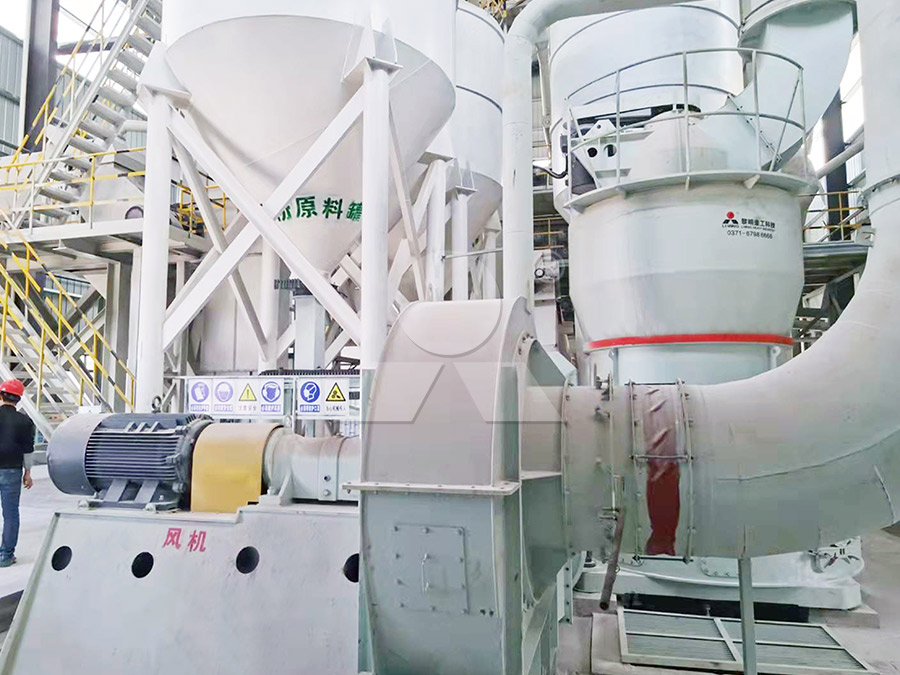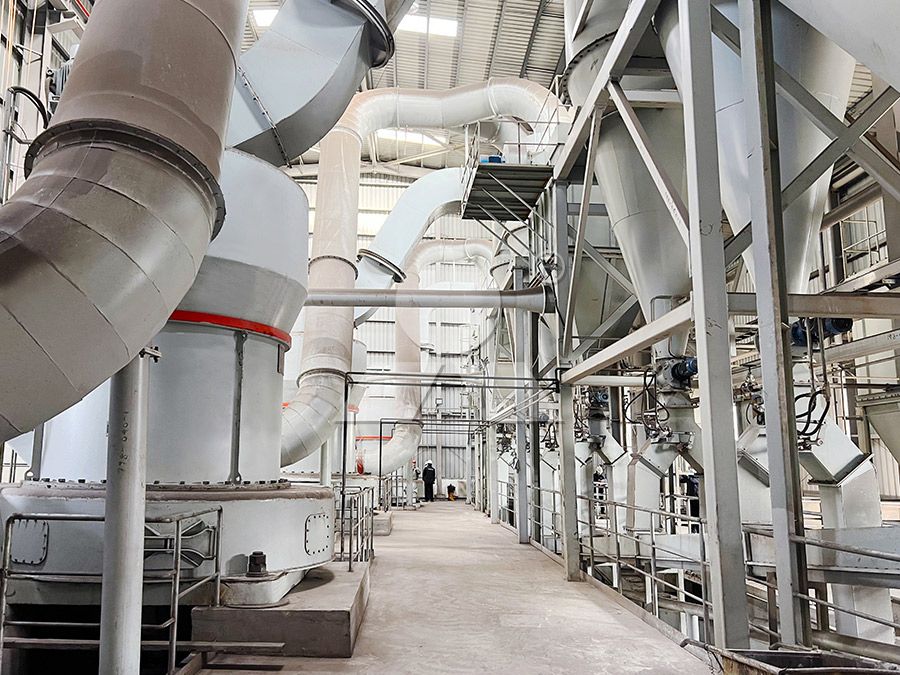R Series Raymond Mill for Industrial Powder Grinding Applications
We provide a wide range of mills — including Raymond mill, trapezoidal mill, vertical mill, ultrafine mill, and ball mill, obtained ISO9001 international quality certification, EU CE certification, and Customs Union CU-TR certification. Suitable for processing minerals such as limestone, phosphate, quicklime, kaolin, talc, barite, bentonite, calcium carbonate, dolomite, coal, gypsum, clay, carbon black, slag, cement raw materials, cement clinker, and more.
The discharge range of these mills can be adjusted to meet specific processing needs, typically from 80-400 mesh, 600-3250 mesh, and can achieve the finest particle size of up to 6000 mesh(D50).
If you are looking for a reliable grinding solution to turn stone or minerals into fine powder, please feel free to contact our online customer service.
R Series Raymond Mill: A Time-Tested Solution for Industrial Powder Processing
In the competitive landscape of industrial powder processing, equipment reliability and efficiency remain paramount concerns for plant managers and production engineers. The R Series Raymond Mill stands as a proven workhorse in this demanding field, offering robust performance for various mineral and chemical grinding applications.

With an input size capacity of <25 mm and throughput ranging from 0.6-5 tph, the R Series Raymond Mill provides manufacturers with a versatile solution for medium-scale production requirements. Its optimized design combines low consumption with minimal investment requirements, making it particularly suitable for operations seeking to balance performance with budgetary constraints.
Technical Excellence in Powder Processing
The grinding mechanism of the R Series Raymond Mill employs a centrifugal force principle where rollers oscillate outward to press against the grinding ring. This action, combined with the material feeding system, ensures consistent particle size reduction. The integrated separator system efficiently screens ground materials, with fine powders directed to cyclone collectors while coarse particles recycle back for regrinding.
What distinguishes this mill in practical operation is its closely sealed airflow system that operates under controlled negative and positive pressure conditions. This design minimizes dust emissions while maintaining grinding efficiency, addressing both productivity and environmental considerations.

Beyond the R Series: Advanced Solutions for Demanding Applications
While the R Series Raymond Mill serves many applications effectively, operations requiring ultra-fine powders or higher throughput may benefit from considering more advanced solutions. For these demanding scenarios, we particularly recommend our MW Ultrafine Grinding Mill, which represents a significant technological advancement.
The MW Ultrafine Grinding Mill handles input sizes of 0-20 mm with capacities ranging from 0.5-25 tph, making it suitable for larger-scale operations. Its innovative design addresses several limitations of conventional mills, featuring higher yielding capacity with lower energy consumption. Independent testing confirms the MW mill achieves 40% higher production capacity compared to jet grinding mills and stirred grinding mills under identical fineness and power conditions.
Another notable advantage of the MW Ultrafine Grinding Mill is its adjustable fineness range between 325-2500 meshes, accomplished through German cage-type powder selector technology. This precision allows manufacturers to produce powders meeting exact specifications for various industrial applications including chemicals, paints, cosmetics, and food additives.
Practical Considerations for Mill Selection
When evaluating grinding equipment, maintenance requirements often significantly impact total operational costs. The R Series Raymond Mill offers straightforward maintenance with accessible components, while the MW Ultrafine Grinding Mill incorporates design features that further reduce maintenance demands. Notably, the MW mill eliminates rolling bearings and screws within the grinding chamber, preventing common failure points and associated downtime.
Environmental compliance represents another critical factor in equipment selection. Both mills integrate dust collection systems, with the MW model featuring an efficient pulse dust collector and muffler that effectively contain dust and reduce noise emissions, ensuring operations meet national environmental protection standards.

Application Versatility
The R Series Raymond Mill demonstrates particular effectiveness with materials including limestone, calcite, dolomite, petroleum coal, gypsum, barite, marble, talc, and various coal powders. Its reliability has been proven across industries such as cement production, power plant desulfurization, metallurgy, and chemical processing.
For operations requiring finer powders or processing more diverse materials, the MW Ultrafine Grinding Mill expands application possibilities to include specialized sectors such as pharmaceuticals and high-value additives where precise particle size distribution is critical.
Frequently Asked Questions
What is the typical particle size range achievable with the R Series Raymond Mill?
The R Series Raymond Mill produces powders generally ranging from 80 to 325 mesh, suitable for most industrial applications requiring medium fineness.
How does the MW Ultrafine Grinding Mill achieve higher energy efficiency?
Through newly designed grinding curves of the grinding roller and ring, the MW mill enhances grinding efficiency significantly, consuming only 30% of the energy required by jet grinding mills for equivalent output.
Can these mills handle abrasive materials?
Yes, both mills are designed with wear-resistant materials in critical components. The MW Ultrafine Grinding Mill particularly addresses abrasion concerns by eliminating rolling bearings in the grinding chamber.
What maintenance intervals are typical for the R Series Raymond Mill?
With proper operation, the R Series requires minimal routine maintenance. Grinding rolls and rings typically need inspection every 600-800 operating hours, with replacement depending on material abrasiveness.
How does the environmental performance compare between these mills?
Both mills incorporate dust collection systems, with the MW Ultrafine Grinding Mill featuring advanced pulse dust collection and noise reduction technology that typically achieves better environmental performance metrics.
